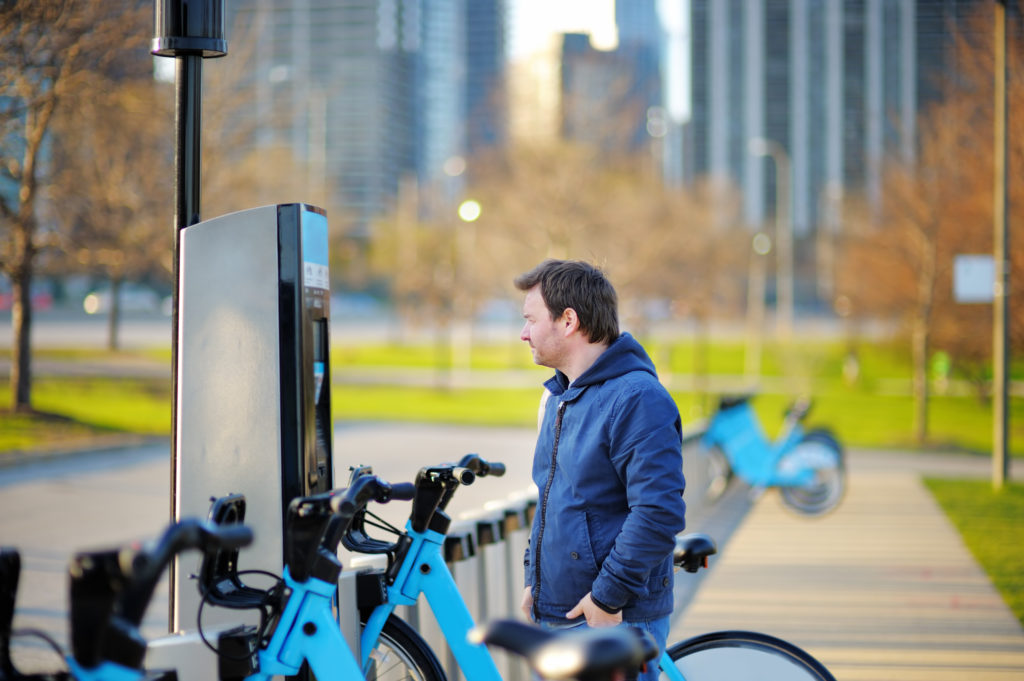
City Seeking Feedback on Pilot Scooter Program
In light of the city’s recent start to its four-month pilot scooter program, the Department of Business Affairs and Consumer Protection (BACP) is asking for residents of Chicago to report any scooter issues they see. According to Curbed – Chicago, individuals may use the 311 website or mobile app to report their concerns. To report an issue, go to the website and find the “E-Scooter” category, from there you will be able to report your issue.
As we have previously written, the introduction of Chicago’s pilot scooter program has gotten off to a very troubled start. Not only have there been countless reports of misconduct with the scooters, but the scooters are already proving to be far more dangerous than many believe them to be. Last month, just within weeks of the launch of the scooter program, a pedestrian was actually hit by an e-scooter rider in the city. As a result of the accident, he was found unresponsive and now has trouble speaking after being forced to undergo a procedure to his jaw. Ultimately, this is to say that the scooters are continuing to pose a significant risk not only scooter riders, but pedestrians as well. Be sure to report if you see any issues in your neighborhood as the more we can make city officials aware of misconduct, the safer both riders and pedestrians will be.
Divvy Set to Expand to the Far South Side
As reported by the Chicago Tribune, Divvy bikes in now set to begin expanding to the Far South Side after Lyft invested $50 million into the bike-sharing system. In addition, Lyft has decided to add 10,500 new electric-assist bikes to the city. This is big news for the entire city as it means that bike-sharing will now seek to cover each area of the city, essentially providing forms of transportation sharing ranging from ride-share, bike-share, and more recently, scooter-share. What’s more, it appears the city is inclined to ensure that these bikes are appropriately placed and integrated into new areas throughout the city with specific intent, rather than just to provide a mere presence.
The Chicago Tribune had the opportunity to speak with Sue Hofer, a spokeswoman for the Chicago Department of Transportation. Sue stated, “We’re going to community meetings, where people will say, ‘I think it makes more sense in front of the grocery store than in front of the bar.’” Overall, we can hope that the more communities are involved prior to the installation of these docking stations, the safer the process will be. At this time, the initial community meetings have yet to secure select dates and times for the community to gather.


